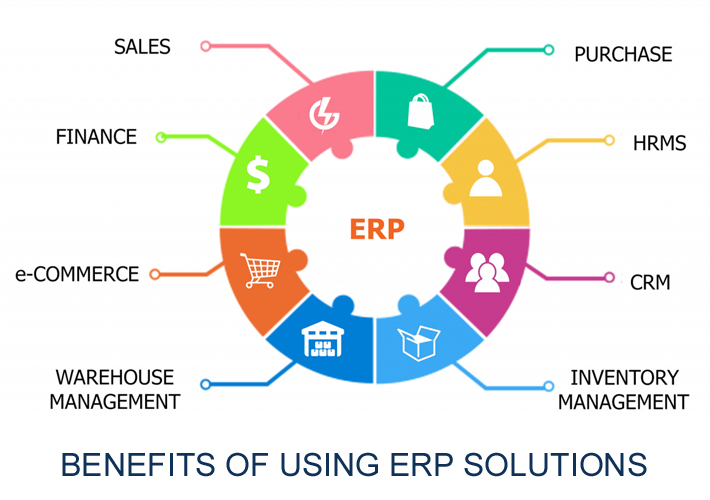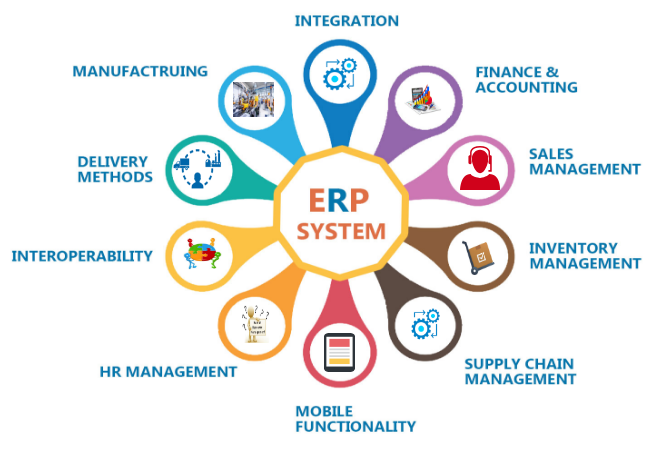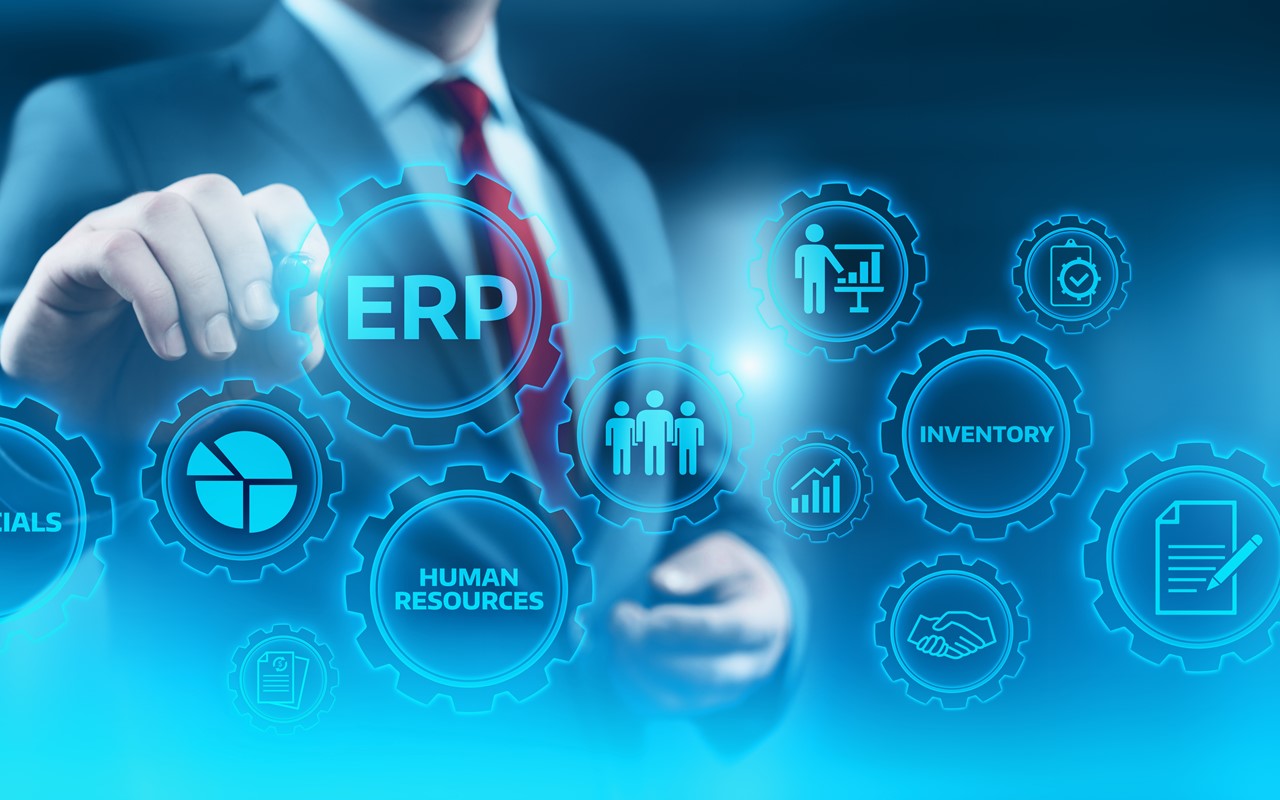ERP systems (Enterprise Resource Planning) are designed to manage the financial and economic activities of organizations. It is the top level in the hierarchy of enterprise management systems. This system provides automation of planning, accounting, control and analysis of all business processes.
For example, the Sage software in Singapore consists of a set of various software modules that support the automation of subject areas. Each module of the ERP system is focused on solving a specific group of tasks like production planning, procurement management, inventory control, personnel management, marketing, sales management, and many others. One of the most essential modules is a financial management system.

This system carries a financially oriented information system for defining and planning the resources of the entire enterprise. It collects information and crafts reports like fixed assets, receivables, general ledgers, cash flows, payables, and many others. With the absence of this ERP financial module, the whole process can go in vain. And, the organization cannot track their financial expenses and do not know how much money they have to spend on materials.
So, what is the ERP financial module and what key features are associated with it? Let’s have a look.
Table of Content
What Does the Mean of ERP Financial Module?
Features of ERP Financial Management System
- Account Payable and Receivable
- Reporting and Analytics
- Tax Management
- Profit Tracking
- General Ledger Management
Conclusion!
What Does the Mean of ERP Financial Module?
The ERP financial system is the software element that controls the accounting and financial management functions of an organization. This component mainly supports functions like profitability analysis and revenue management. It contains information regarding accounting records like accounts payable, accounts receivable, general ledger, balance sheet, invoicing report, transactions, and more. It explains the financial information with business partners and vendors when required. The module is capable of recording every action or transfer of data in the system.
Features of ERP Financial Management System
1. Account Payable and Receivable
Accounts payable manage all the payments a company owes its vendors and other creditors. Whereas, the account receivables is the money that is owed by the customers. The account payable is facilitated with the features of managing payable data, purchasing system and cash flows. It usually helps in saving money and time. This further helps in avoiding human errors and reducing labor hours. The system has the capability for handling the large amounts of invoices and managing other financial transactions between your company and vendors.
On the other hand, account receivables cannot only track the customer payments but can also handle invoices and cash. Some ERP modules are equipped with a portal through which customers can easily access the invoices and make payments themselves. In addition, the system has the feature of activating the notification regarding payment reminders or account statements and generating recurring invoices. This automated system can speed up the process and boost customer relationships in order to create a more accessible organization.
2. Reporting and Analytics
The ERP finance module is featured with a reporting system, which further provides assistance in managing real-time access to financial data. This means an organization can easily maintain their finances without spending much. The components of the reporting system helps in making data-driven predictions and provide consultation over the company’s finances.

This concludes that both reporting and analytics will explain from where your business is actually making a profit and converting it into revenue. Furthermore, the reporting dashboard integrated with much more facilities like your generated sales, expected sales, expenses and other various financial components. With the availability of a customizable dashboard, you can pick any category according to your preferences. Data is displayed in graph form, which means you can easily determine your financial strength.
3. Tax Management
Tax management component has the taxation settings, tax audit and tax reporting functions. The taxation settings usually help in providing a consistent collection of sales and VAT taxes. It is used across the system. The tax management feature will not only store customer tax codes of ship-to addresses but also manage customer tax exemption certificates for all levels. The tax management also supports tax calculations by country, state or province, county, and city. It is integrated with your financial management modules to let you calculate taxes correctly in every transaction. The system also streamlines and automates the tasks involved with configuring, collecting, managing, and reporting tax.
4. Profit Tracking
ERP financial management softwares has the feature of profit tracking. This means the system will keep its eyes on the business functions with 360 degree view and determine how your business is working and what is the performance rate of your business. The profit tracking solution allows you to find out how to make more profits and generate more revenue. In addition, this feature will show – where the majority of profits are coming from and help in assessing the ROI for purchase along with determining the provenance of profits.
5. General Ledger Management
The General Ledger (GL) module is the main component of an ERP system. The system provides a thorough report on all financial transactions. It combines with other ERP modules like inventory management or customer relationship management. In addition, the main function of GL is to provide real time updates of sub ledger and eliminate the time consuming agreement. The solution also allows to track the assets, liabilities, capital accounts, income and expenses. Having all financial data in one place can make your tax returns more handy and help to stay ahead among leaders. The system will automatically notify you about any odd and fraud transactions. This means GL has excellent visibility in evaluating the financial expenses.
Conclusion!
More and more enterprises of various sizes around the world are striving to implement a powerful management tool known as an ERP system in their work. The different features of ERP financial module are mentioned above. The ERP software companies in Singapore also help in establishing effective control and planning on the business and financial processes. It also optimizes the functioning of the business’ production and other auxiliary facilities.
